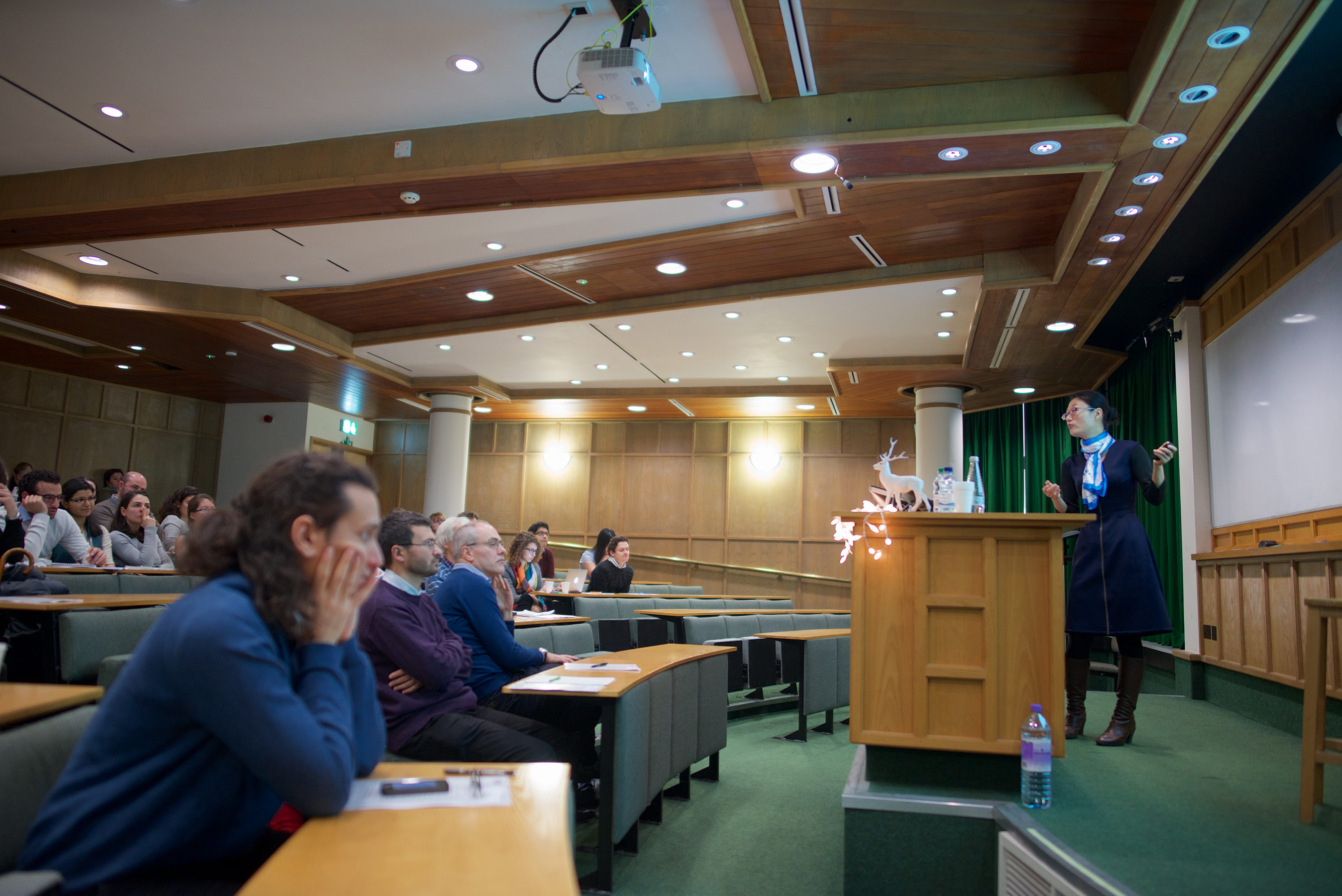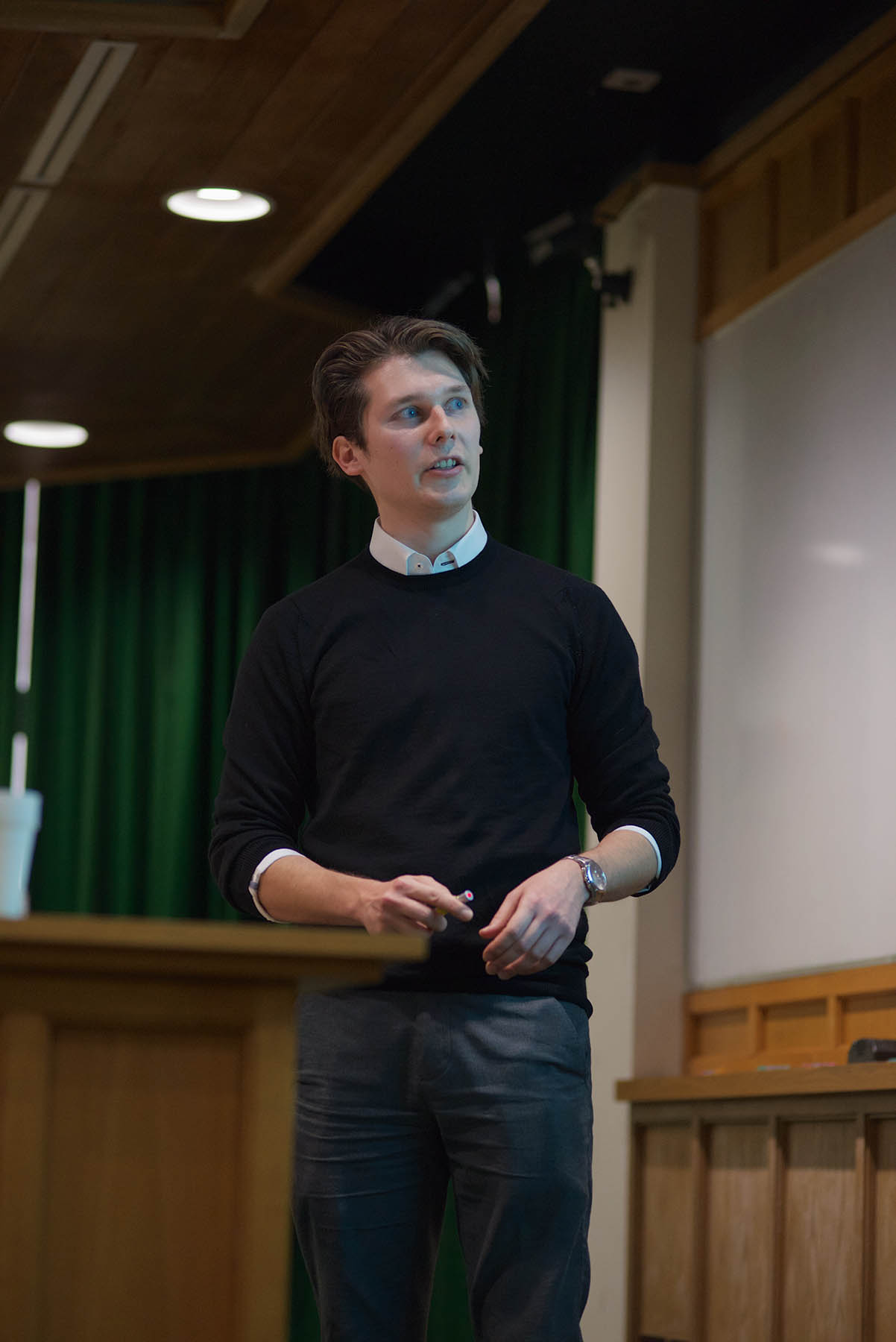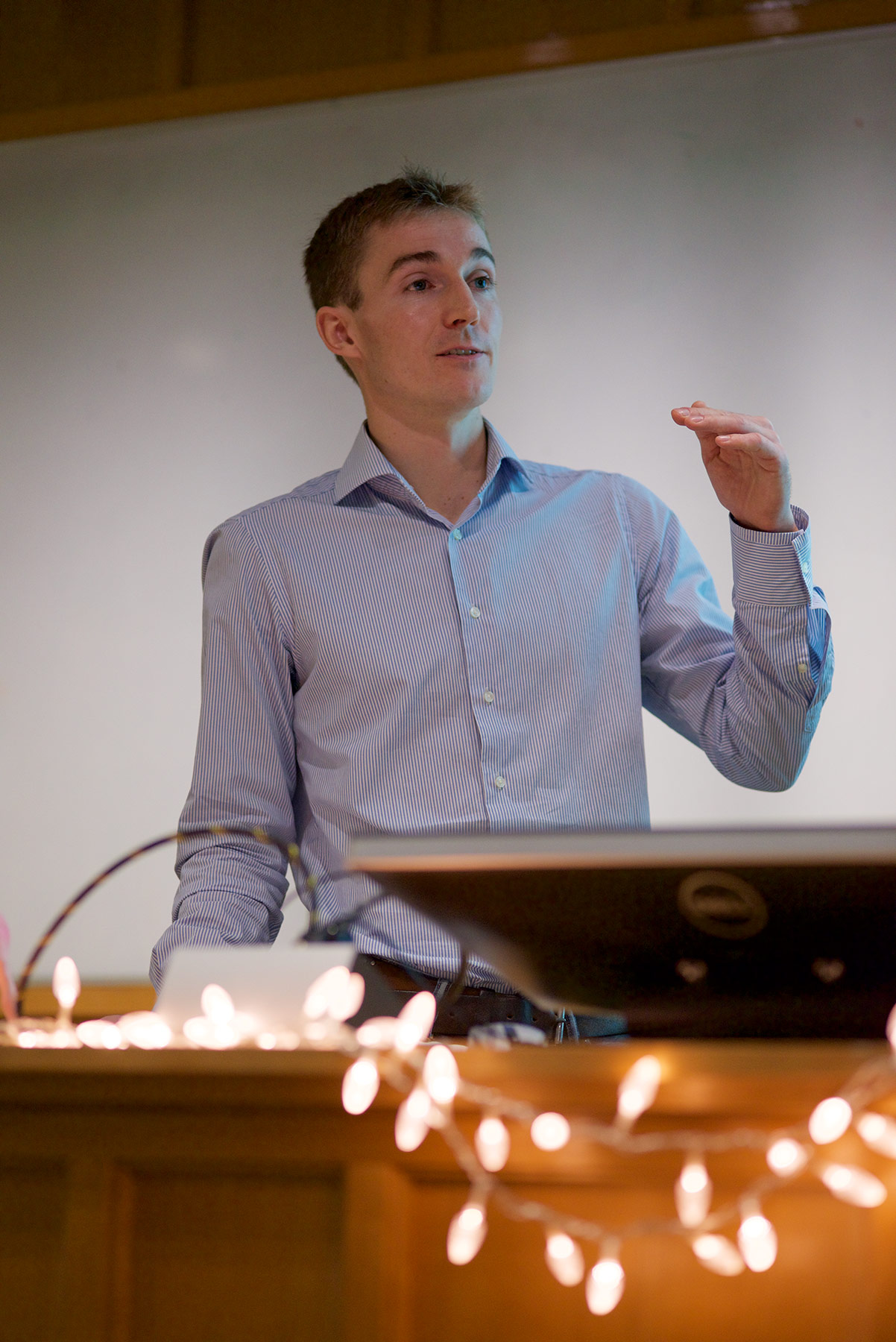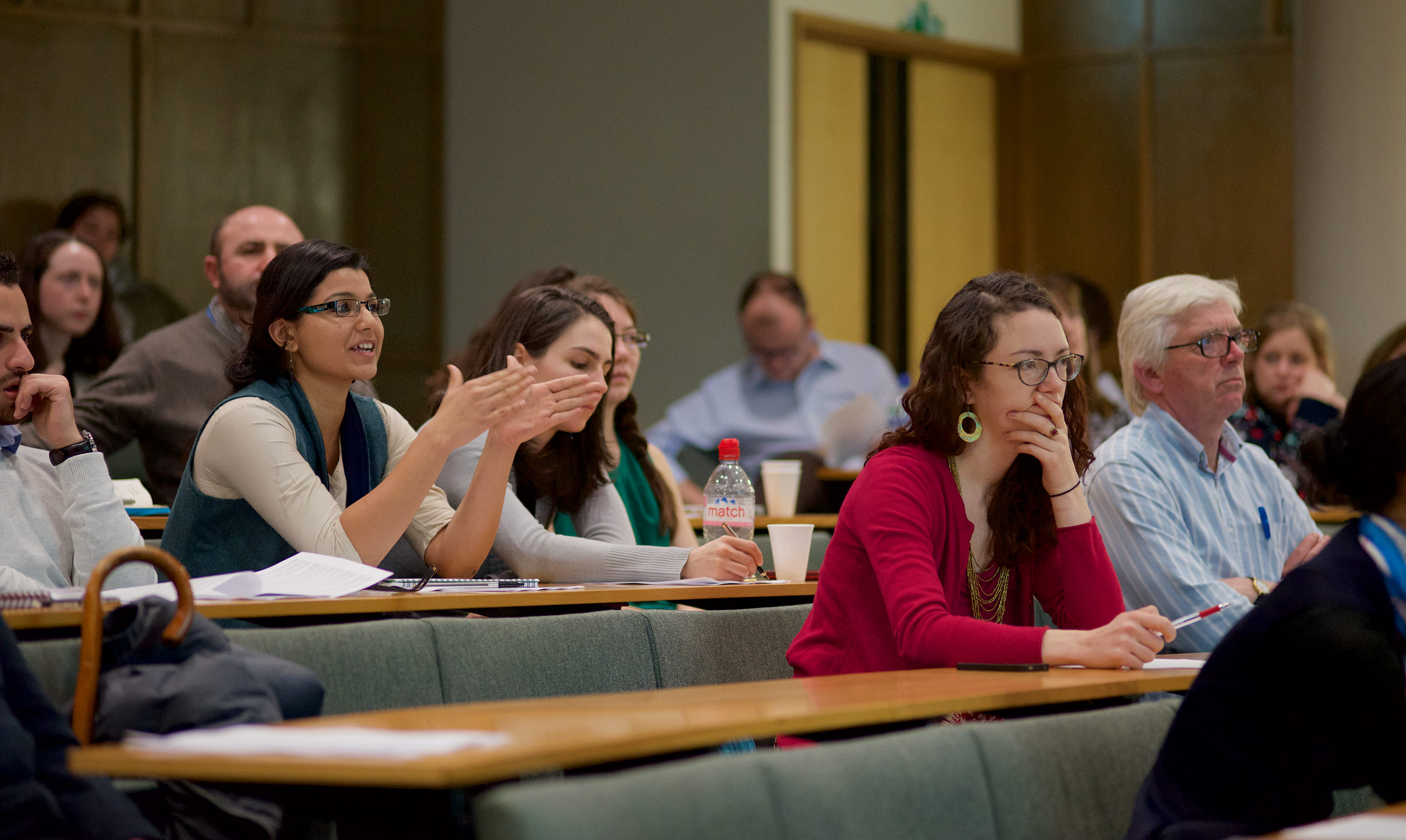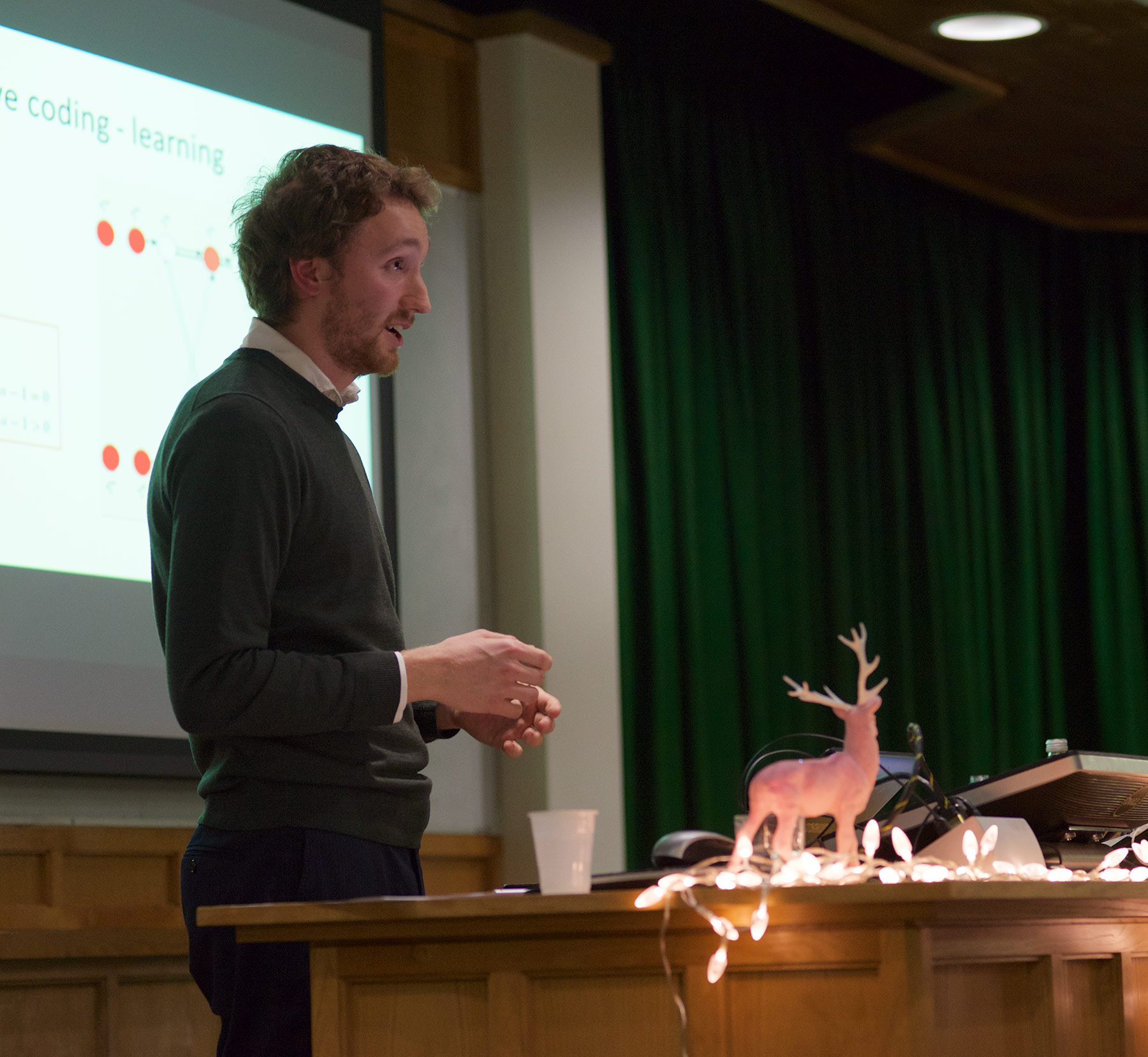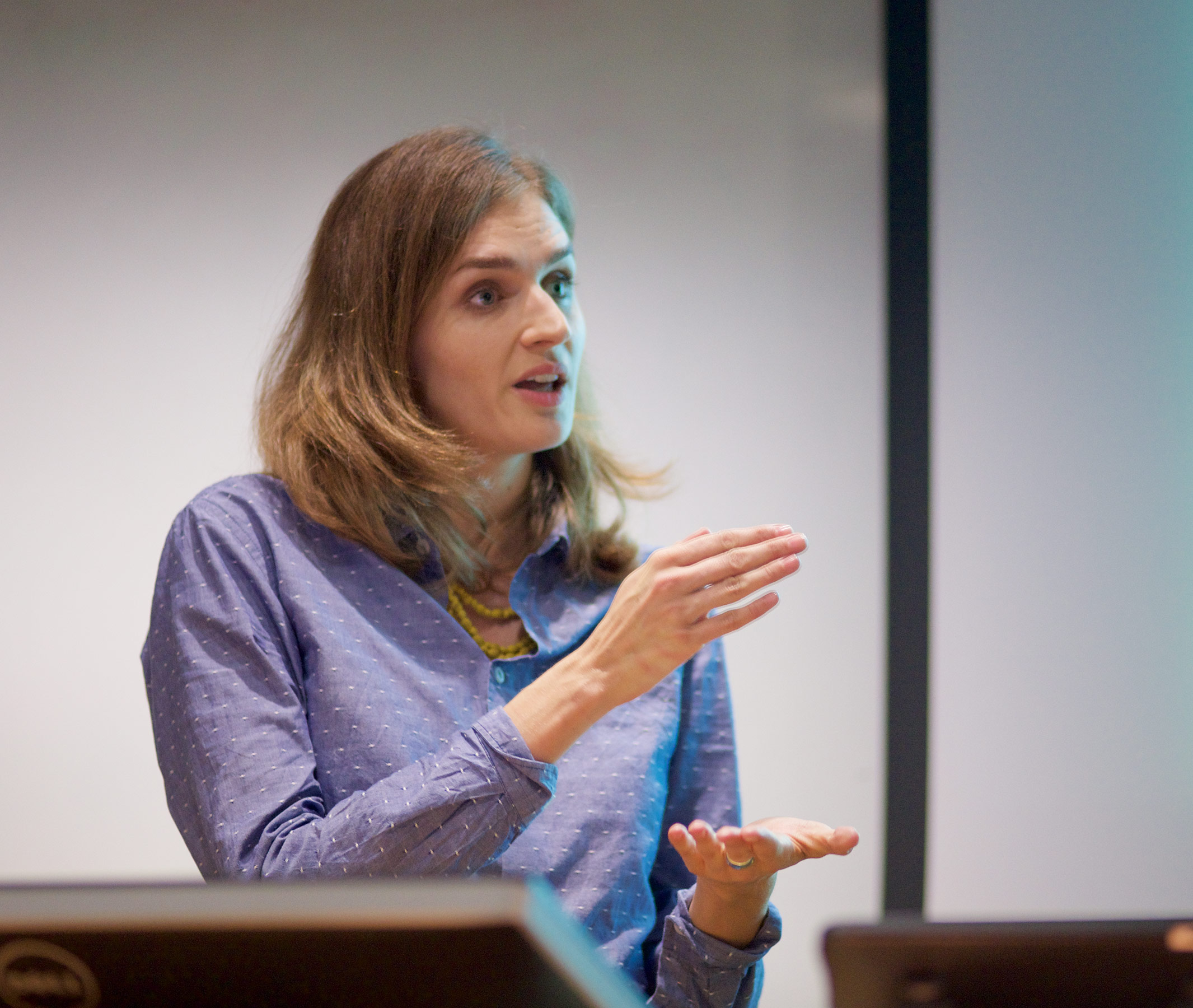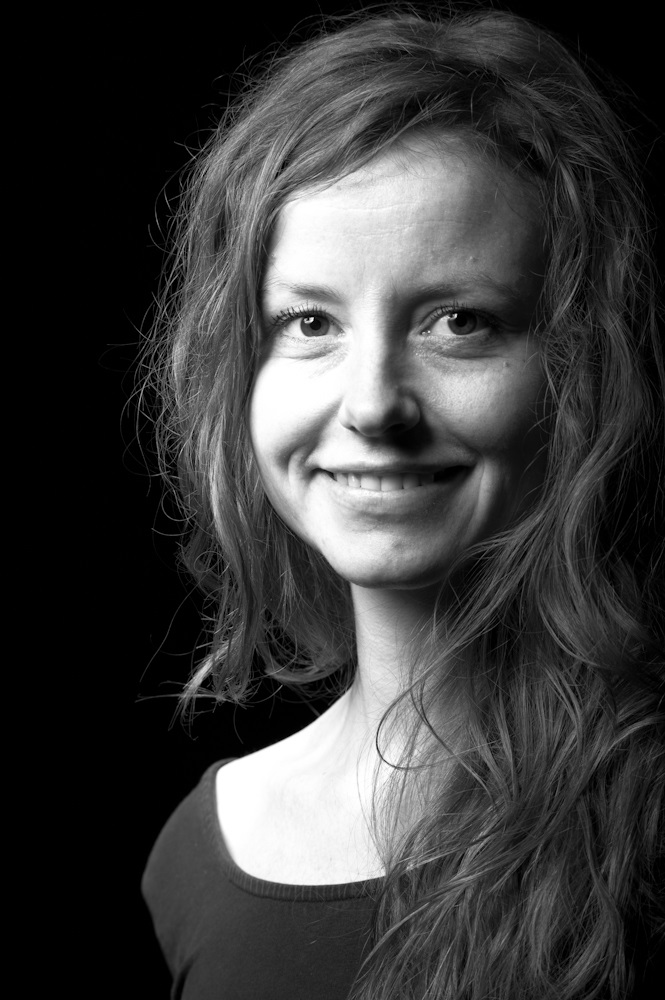
We are pleased to welcome Maria Louise Broennum Larsen to the Unit as part-time Group Administrator for Professor Peter Brown’s Group. Maria has an M.A. in Communication and Culture Studies from Roskilde University, Denmark, and did part of her M.A. at Copenhagen University, where she studied Anthropology. She wrote her Masters Thesis in conjunction with Cardboard Citizens in London, focusing on theatre as a means of communication for homeless people with mental health issues. Before joining the Unit, Maria worked at a private company as Nordic Project Manager, where she managed various projects with a focus on communication, relations and corruption. In her spare time, Maria volunteers as a board member at American Field Service Denmark Intercultural Programs, where she also the chaired the Adult Programs Steering Committee.
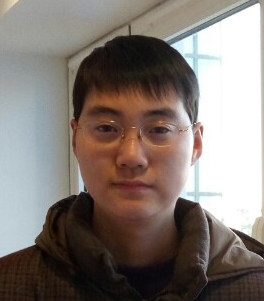
We are pleased to welcome Dr Yunpeng Zhang to the Unit. Yunpeng is an electrical engineer and comes to us from the Suzhou Institute of Biomedical Engineering and Technology, Chinese Academy of Sciences (SIBET), Suzhou, China. Yunpeng is visiting Professor Peter Brown’s Group to put the finishing touches to a device that will allow the simultaneous stimulation and recording of brain sites in patients who have just undergone functional neurosurgery. He has developed the device in conjunction with Professor Shouyan Wang at SIBET. While visiting the Unit, Yunpeng will be working closely with Dr Jean Debarros, who has been optimising closed-loop ‘deep brain stimulation’ algorithms in the Unit.
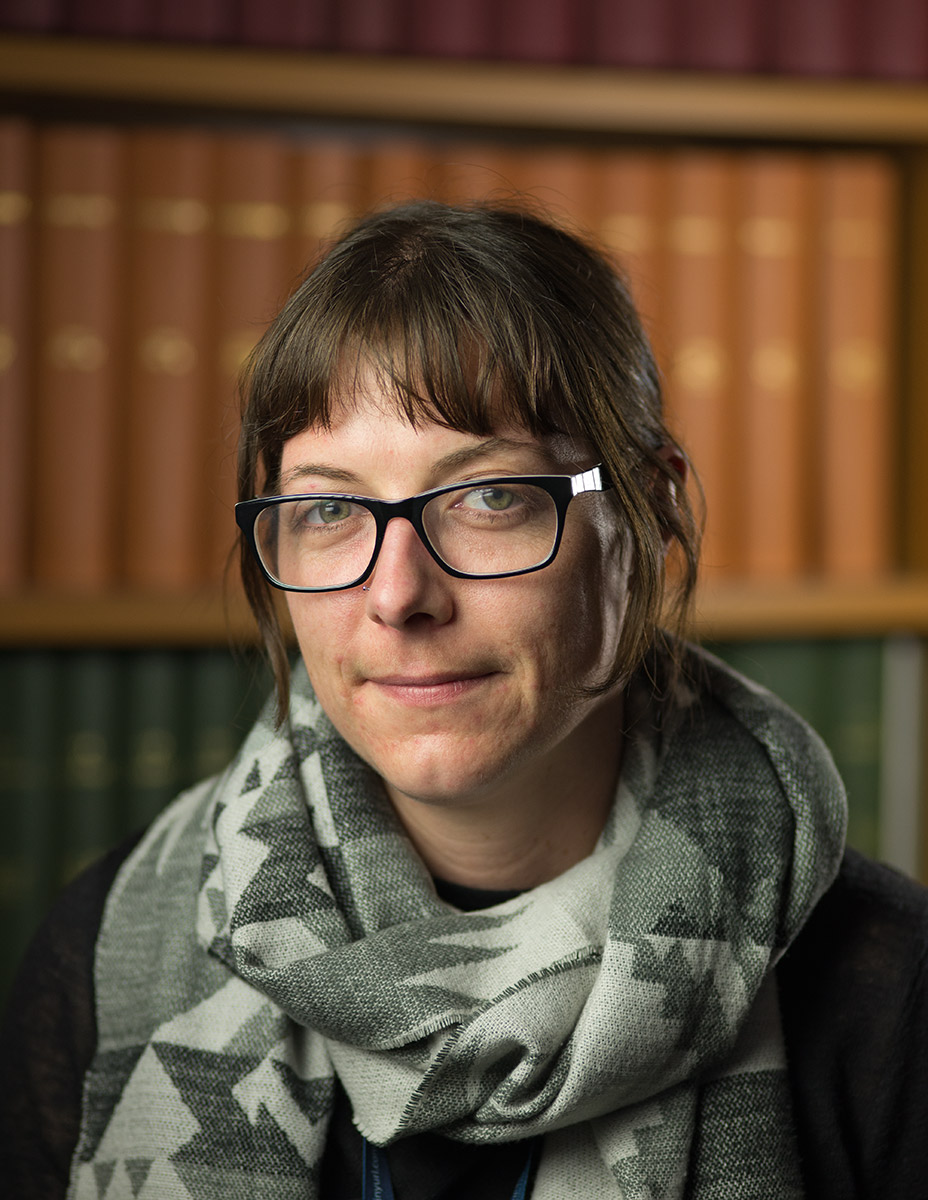
We are pleased to welcome Dr Amy Wolff to the Unit as a Postdoctoral Neuroscientist in the Magill Group. Amy obtained her undergraduate B.A. (hons) degree in Psychology from the University of Otago in Dunedin, New Zealand, after which she continued her studies there under the supervision of Professor David Bilkey, graduating with a Ph.D. in Neuroscience in 2011. Amy comes to the Unit after working as a Roche Postdoctoral Fellow with Professor Dimitri Kullmann (University College London), Professor David Bannerman (University of Oxford), and Dr Dennis Kaetzel (UCL/Oxford). As part of her recent work, Amy utilised chemogenetic and optogenetic techniques to explore how the dysfunction of different types of neurons might be involved in schizophrenia.
Here in the Unit, Amy will be working closely with Dr Paul Dodson and Professor Peter Magill on a project investigating the in vivo firing properties of midbrain dopaminergic neurons in a mouse model of Parkinson's disease.
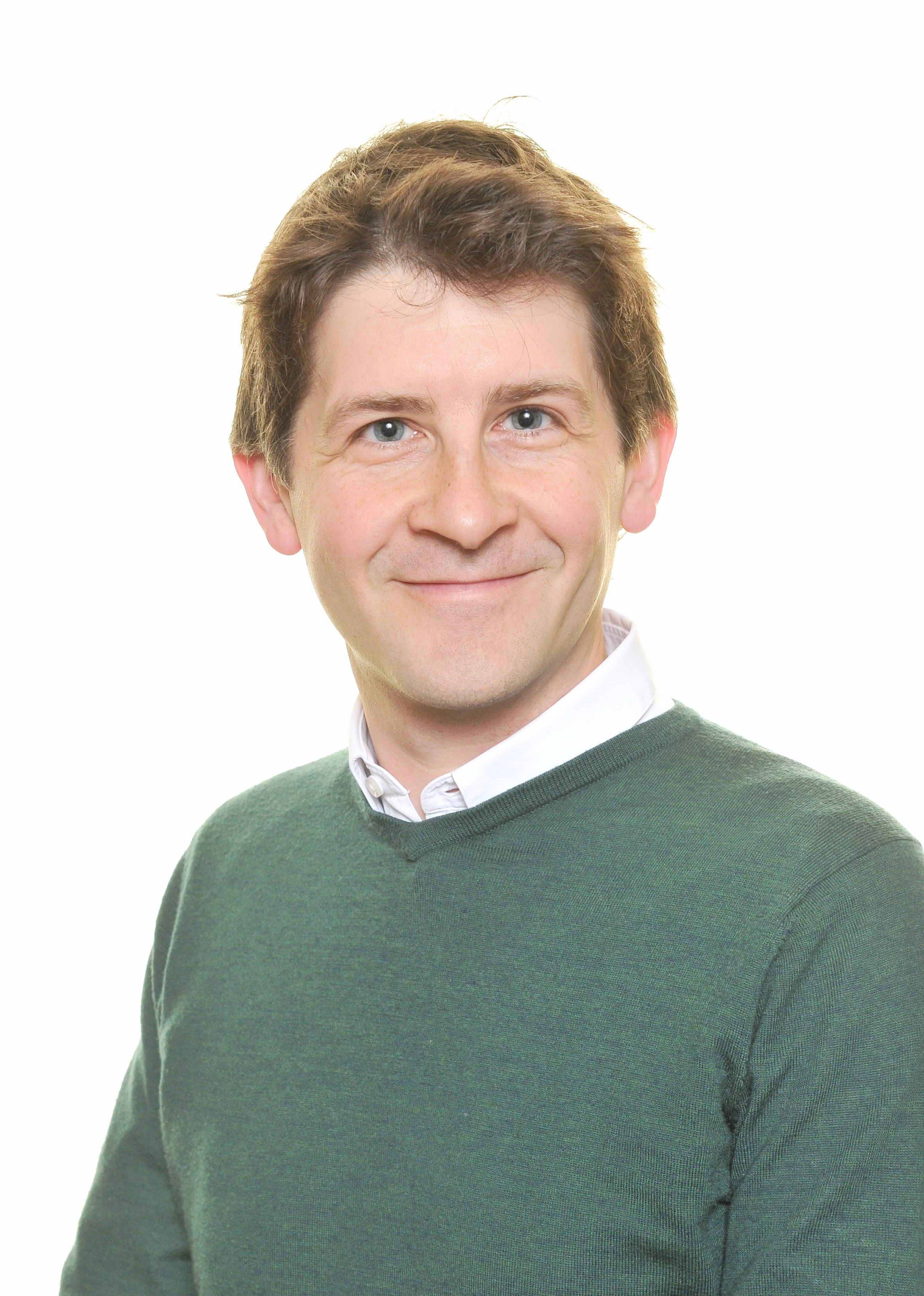
We are pleased to welcome Dr Stephen McHugh to the Unit. Dr McHugh joins Dr David Dupret’s Group as part of a BBSRC-funded grant awarded in collaboration with Professor David Bannerman (Department of Experimental Psychology, University of Oxford). Steve graduated with a B.Sc. in Psychology from Edinburgh University, and then moved to Oxford to study on the 4-year Wellcome Trust Doctoral Programme in Neuroscience, receiving his D.Phil. in 2006. Since then, Steve has worked in the laboratory of Professor David Bannerman, focusing on the roles of the hippocampus and amygdala in memory and emotion. From January 2016, Steve will be investigating the role of adult-born dentate granule cells in hippocampal information processing and memory function. This project will combine optogenetics and multichannel recordings to determine whether/how recently-born granule cells influence the encoding and/or recall of spatial and non-spatial memories.
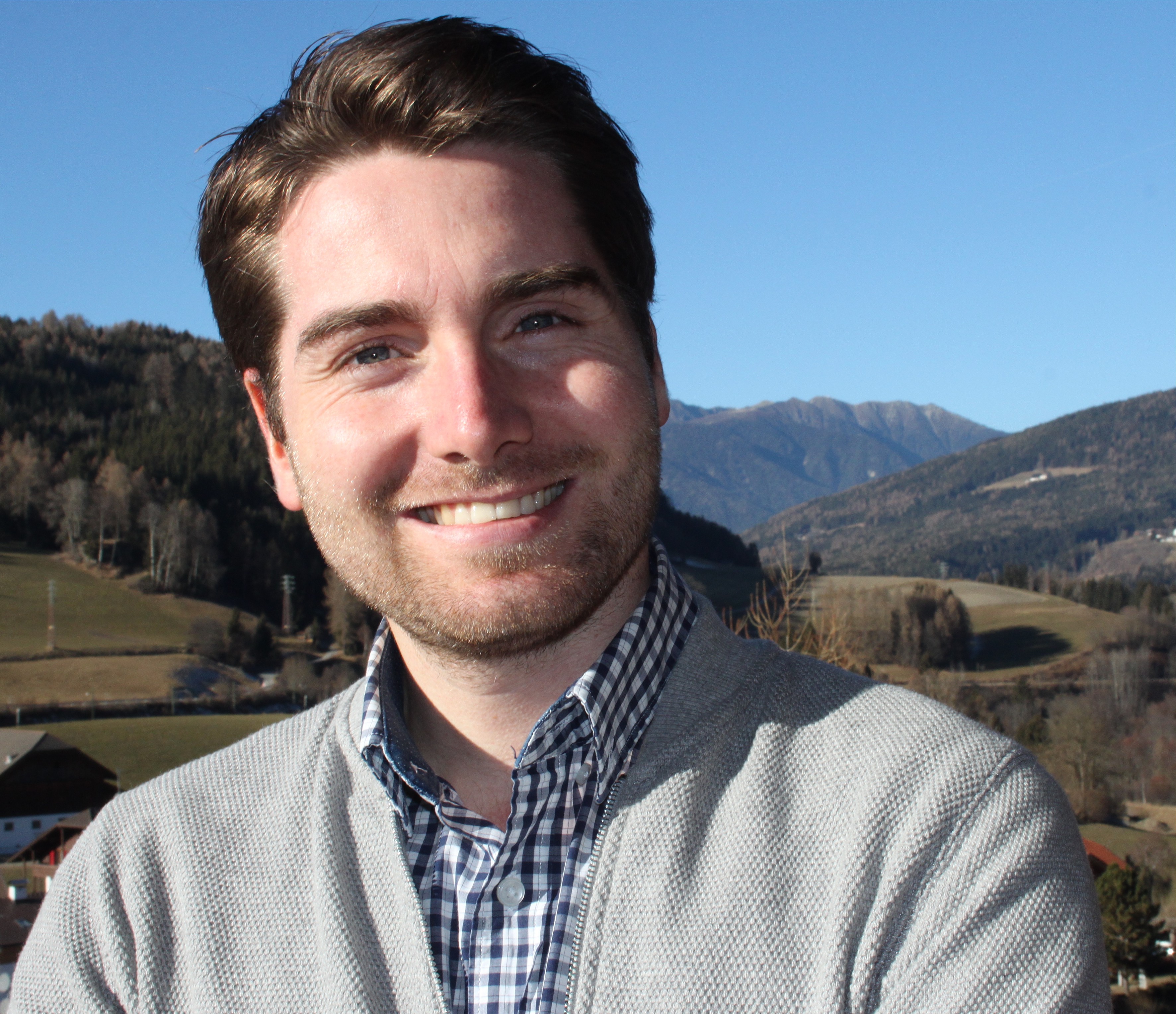
We are pleased to welcome Dr Gerd Tinkhauser to the Unit. Gerd has been awarded a prestigious European Academy of Neurology Research Training Fellowship to study in the Unit. Gerd is an Italian neurologist who has been working at the Department of Neurology, University Hospital Bern, Switzerland. There, he completed a Movement Disorders Fellowship with Professor Michael Schüpbach and Professor Claudio Pollo. During this time, Gerd developed a particular interest in Deep Brain Stimulation as a therapy for conditions like Parkinson’s disease. Gerd graduated from the Medical University of Innsbruck, Austria.
Gerd joins Professor Peter Brown’s Group in the Unit from January 2016, and his research will focus on improving intra-operative functional localisation and closed-loop Deep Brain Stimulation.
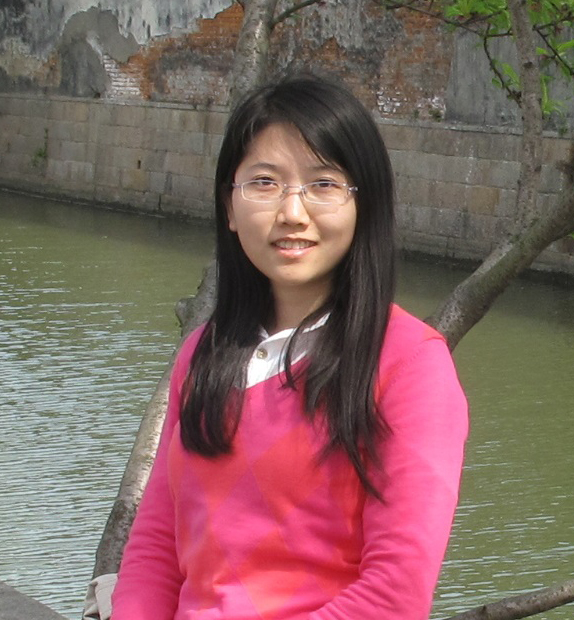
We are pleased to welcome Ms Xinyi Geng to the Unit. Xinyi has been awarded a Scholarship from the Chinese Scholarship Council to visit the Unit for a year. She is currently studying for a Ph.D. at the Department of Medical Electronics, Suzhou Institute of Biomedical Engineering and Technology, Chinese Academy of Sciences (SIBET), China. She has an M.Sc. from the School of Electronics and Computer Science, University of Southampton, where she graduated with distinction. She also has First Class Honours in B.Eng., College of Electrical and Electronic Engineering, Shandong University of Science and Technology, China.
Xinyi’s visit strengthens a developing collaboration between the group of her supervisor Professor Shouyan Wang at SIBET and Professor Peter Brown’s Group in the Unit. Xinyi’s research will focus on the identification of novel biomarkers in the local field potentials recorded from patients undergoing functional neurosurgery.
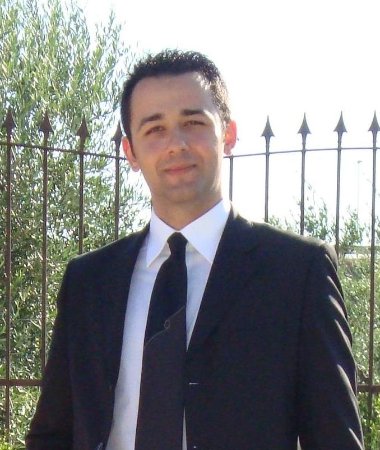
We are pleased to welcome Dr Lazzaro di Biase to the Unit. Lazzaro is visiting for six months and is a neurologist in Professor Vincenzo Di Lazzaro’s group at the University Campus Bio-Medico, Rome. Lazzaro has been collecting data on patients with tremor in Rome, and will analyse these during his stay in Professor Peter Brown’s Group in the Unit. Together, the Rome and Oxford groups have been exploring whether a simple measure of tremor can distinguish between different aetiologies (see Brittain et al. 2015). During Lazzaro’s time at the Unit, he will also learn how to record local field potentials from the brains of patients who have undergone functional neurosurgery.
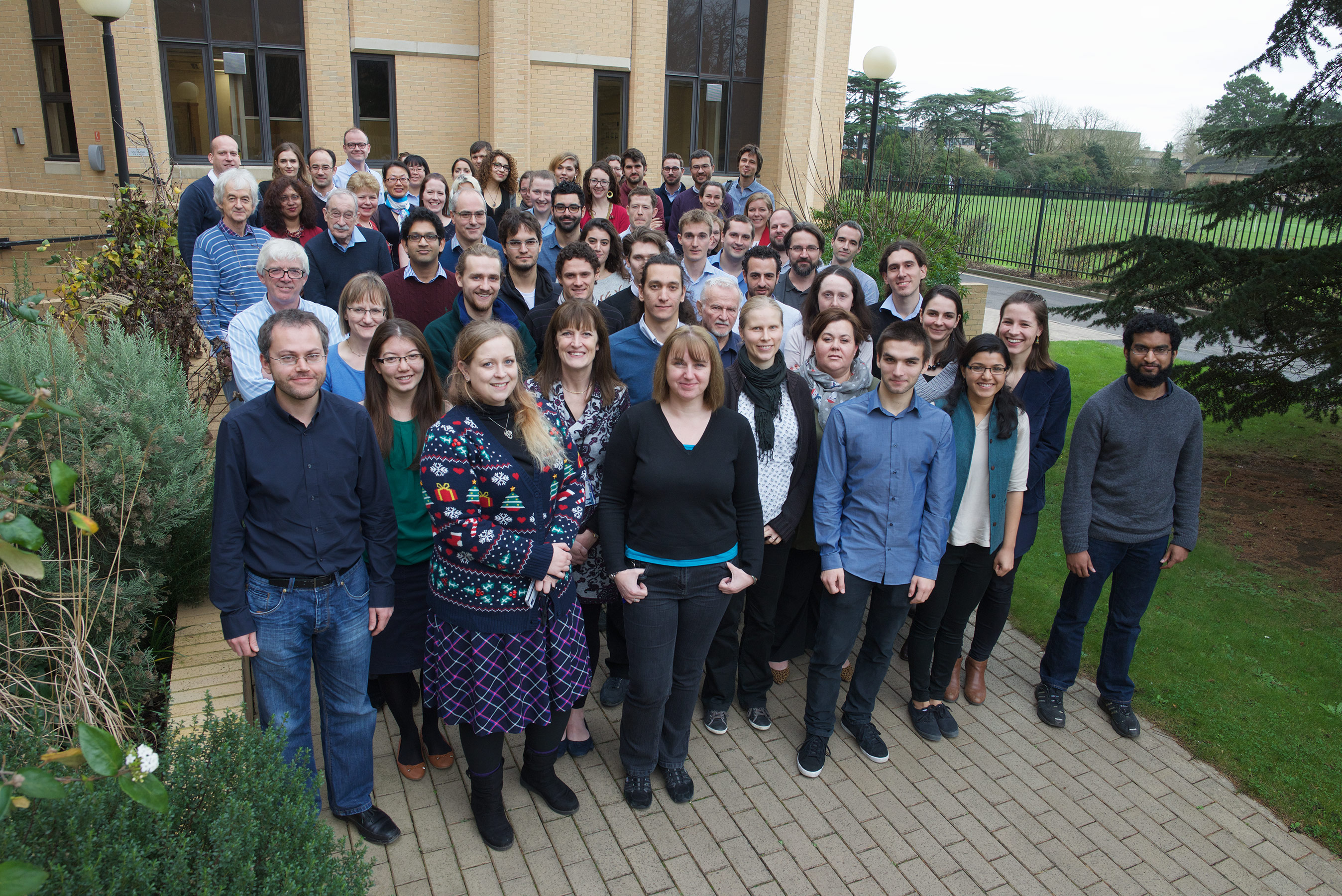
The Unit held its second Science Day on Friday 18th December 2015. Ongoing and future research projects were the focus of discussion, and Unit members and visitors eagerly took the opportunity to give the constructive criticism that is needed to foster world-leading research. There were 11 talks and 9 poster presentations, most of which were given by the Unit’s students and early-career scientists. Unit Deputy Director Peter Magill commented “It was fantastic to see how the next generation of our talented scientists are thriving in the Unit, and to learn from their discoveries and insights.”
Our congratulations go to Unit D.Phil student Colin McNamara, who defended his doctoral thesis, entitled “Relating the midbrain dopaminergic system to hippocampal cell assembly dynamics associated with spatial memory function”, in his viva voce examination on Tuesday 8th December 2015.
Colin's examiners were Prof. David Bannerman (Department of Experimental Psychology, University of Oxford) and Dr. Matt Jones (School of Physiology and Pharmacology, Bristol University). Colin was the first student supervised by Dr David Dupret, in co-supervision with Prof. Peter Magill, and was the recipient of a Doctoral Training Award from the Medical Research Council.
Picture, from left to right: Dr. David Dupret, Colin, Dr Matt Jones and Prof David Bannerman.
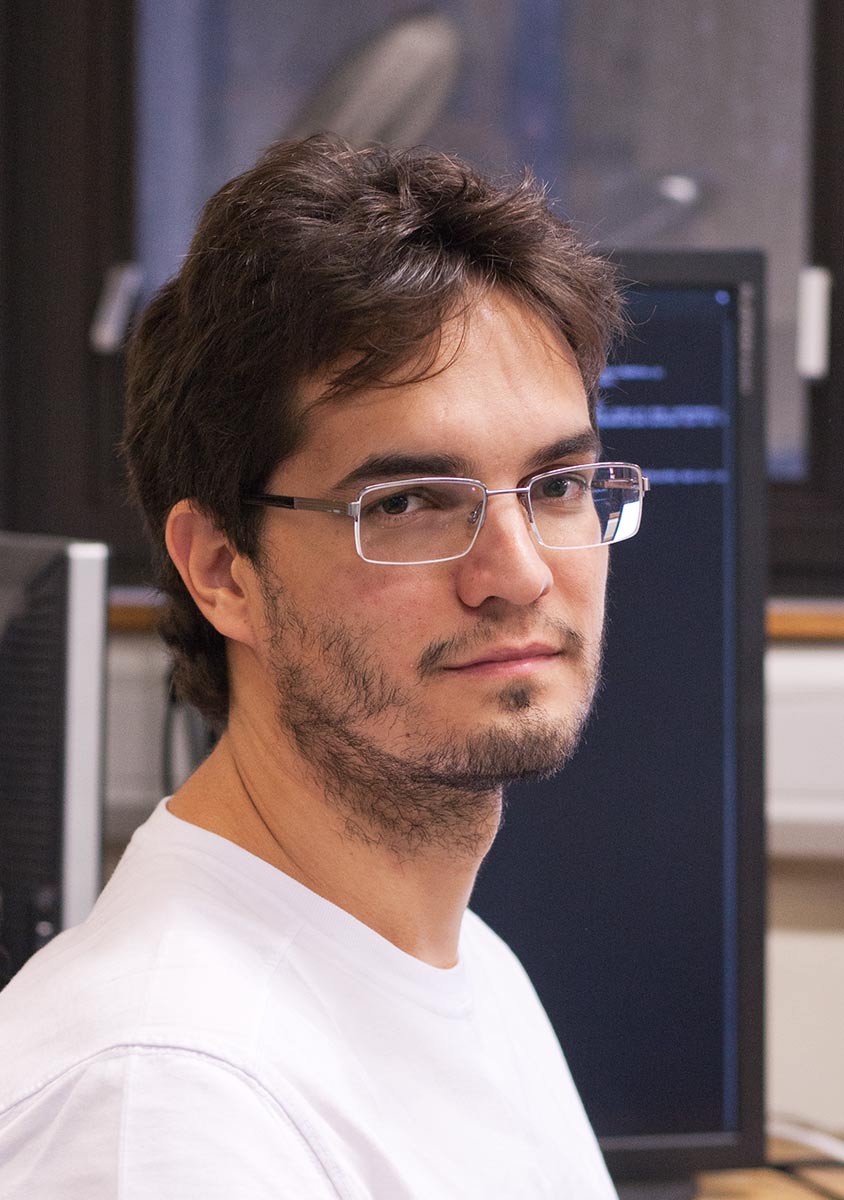
We are pleased to welcome Dr Vitor Lopes dos Santos to the Unit. Vitor graduated in Electrical and Computer Engineering in 2011, and obtained his Ph.D. in Neuroscience in 2015 at the Brain Institute of the Federal University of Rio Grande do Norte in Brazil. Vítor's PhD research was supervised by Prof. Adriano Tort to develop a new framework for the analysis of neuronal assemblies and their temporal dynamics. In 2012, Vítor received a Science Without Borders grant from the Ministry of Education of Brazil to spend a year in the Centre for System Neuroscience of Leicester University, where he developed new methods for extracting information from spike trains under the supervision of Prof. Rodrigo Quian Quiroga. Back in Brazil in 2013, Vitor completed his PhD work on hippocampal network physiology with Prof. Sidarta Ribeiro and Prof. Richardson Leão.
Vitor joined the Unit as an Investigator Scientist in November 2015 to work in the Dupret Group where he will continue to focus on hippocampal cell assembly dynamics and investigate how they coordinate to other areas during learning and memory processes.
